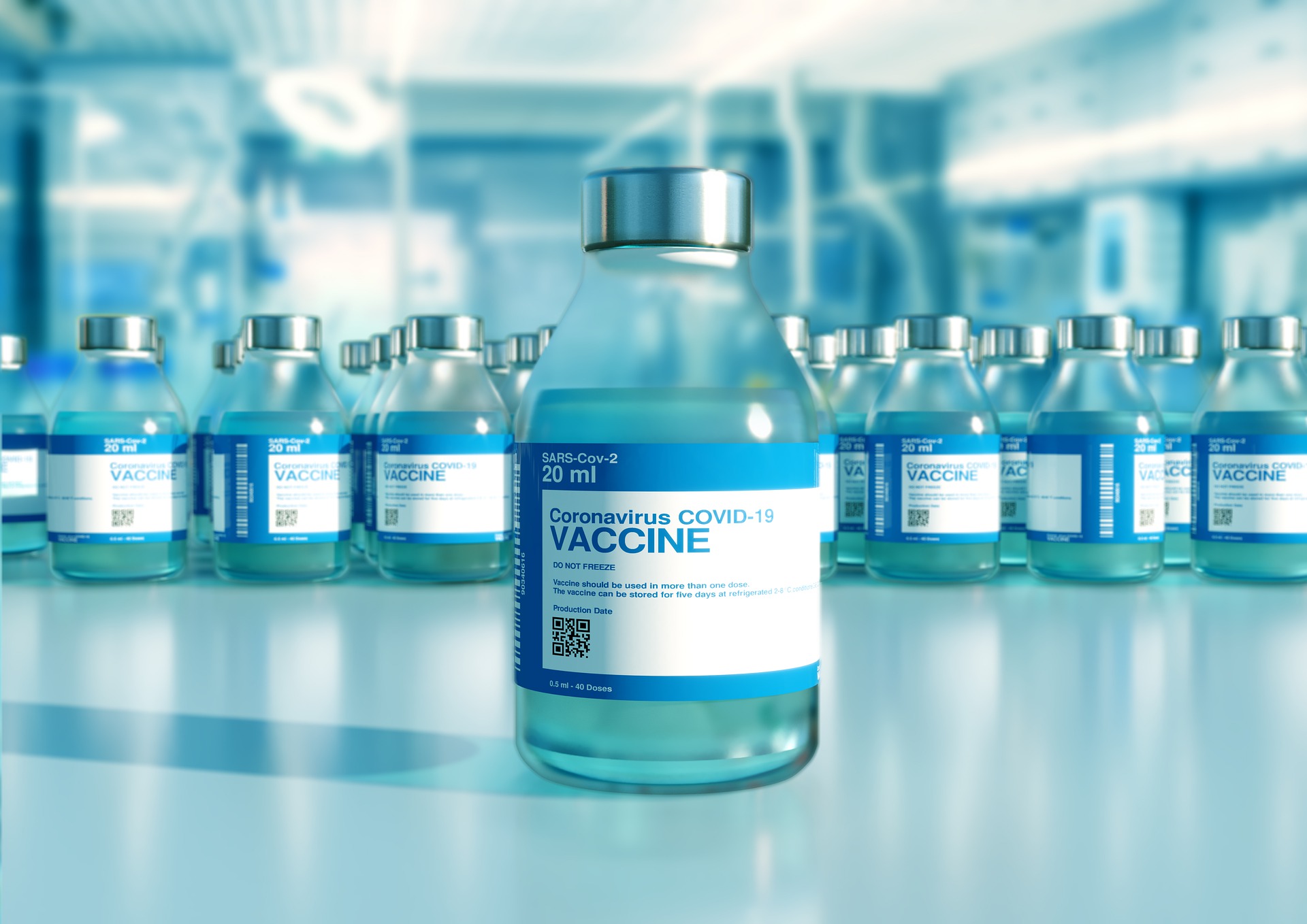News release
From:
Longer interval between COVID-19 vaccines generates up to nine times as many antibodies
**Note: this is a press release from the European Congress of Clinical Microbiology & Infectious Diseases (ECCMID 2022, Lisbon, 23-26 April). Please credit the conference if you use this story**
New research to be presented at this year’s European Congress of Clinical Microbiology & Infectious Diseases (ECCMID) in Lisbon, Portugal, (23-26 April), has shown that a longer interval between primary COVID-19 vaccine doses can boost antibody production up to nine-fold. The study is available as a preprint*.
Understanding the immune response to vaccination against COVID-19 is integral to controlling the virus and reducing the number of deaths.
To find out factors affecting antibody responses following Pfizer/BioNTech Covid vaccination, Dr Ashley Otter and colleagues at the UK Health Security Agency (UKHSA) measured antibody levels in blood samples taken from almost 6,000 healthcare workers from across the UK enrolled within the UK’s SIREN study (SARS-CoV-2 Infection and Reinfection and EvaluatioN).
3,989 of the 5,871 participants had their first dose of the vaccine at least 21 days earlier. 1,882 had their second dose at least 14 days earlier. The participants were classified by infection history as either previously having had Covid (confirmed by a PCR test or assumed due to their antibody profile) or naïve, with no history of infection. Almost all (>99%) of those who hadn’t had Covid seroconverted after vaccination, meaning they made antibodies against the virus.
Post-dose 1, those with previous infection had up to ten times higher antibody levels than naïve individuals, whilst after dose 2, those with previous infection had antibody levels more than twice as high as those who hadn’t had previous infection.
When analysing dosing intervals, it was found that longer dosing interval was associated with up antibody levels that were up to nine times higher in naïve participants (>2 and <4 weeks: 1,268.72 (1,043.25-1,542.91) and >10 weeks 11,479.73 (10,742.78-12,267.24), p=<0.0001) with a more pronounced effect observed in younger participants.
Dosing interval didn’t affect antibody levels in those with previous infection. However, a longer interval between infection and vaccination was linked to higher antibody levels.
Those who had their first dose of the vaccine eight months after an infection had antibody levels seven times higher than those who were vaccinated three months after infection, with a plateau after eight months, suggesting that eight months after primary infection may be an optimum time to receive the first vaccine in those with prior infection.
However, the analysis shows that regardless of timing between infection and vaccination, all individuals mount a very high antibody response after dose 2.
In addition, female participants and those from an ethnic minority were associated with significantly higher antibody titres, whilst immunosuppression was associated with significantly lower post-vaccination antibody responses.
Dr Otter says: “This study shows that a longer time between vaccine dose 1 and dose 2 results in higher antibody responses in naïve participants, which strongly supports the decision by the UK’s Joint Committee on Vaccination and Immunisation and the UK Government to lengthen the interval between vaccine doses.
“We’ve also shown that in those with previous infection, timing between exposure and vaccination plays a critical role in post-vaccination antibody responses. However, further research is needed to determine whether these higher antibody levels provide greater protection against COVID-19 disease and how this longer dosing interval may affect booster responses.”
The analysis was funded by the UKHSA and the UK Department of Health and Social Care and was part of the SIREN study, the world’s biggest real-word study into COVID-19 antibodies.



 International
International



